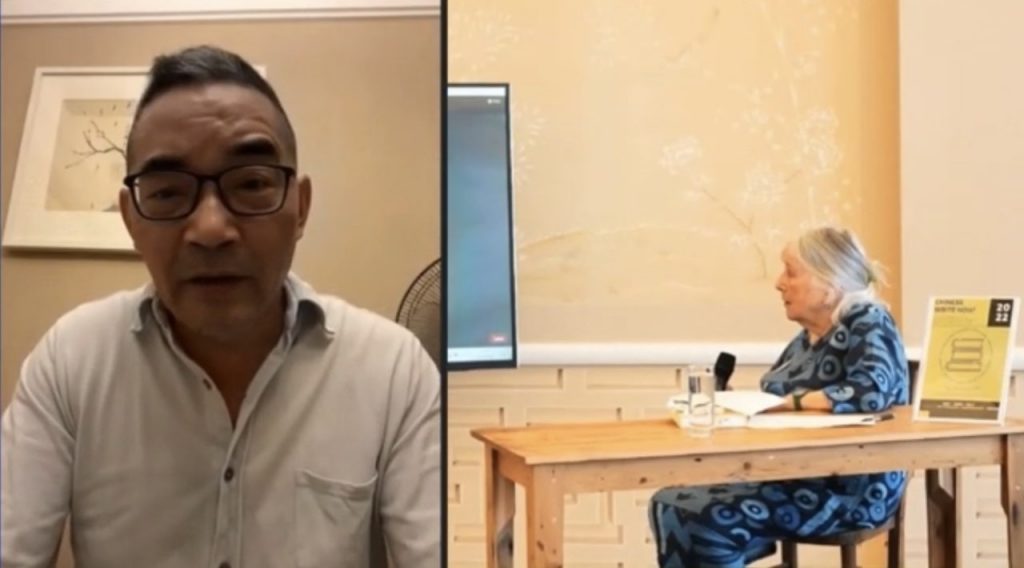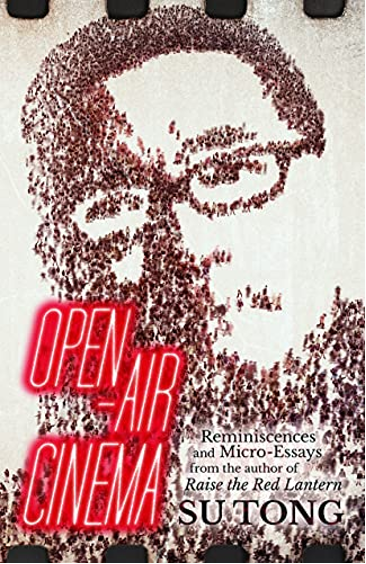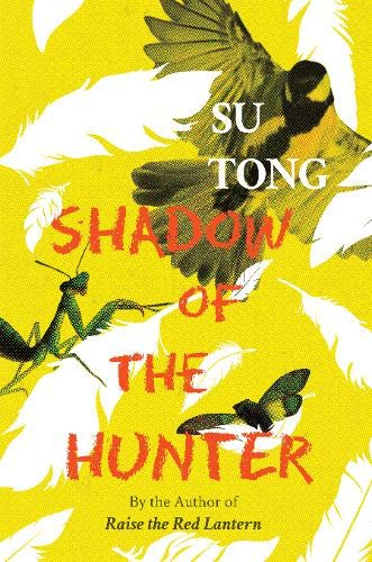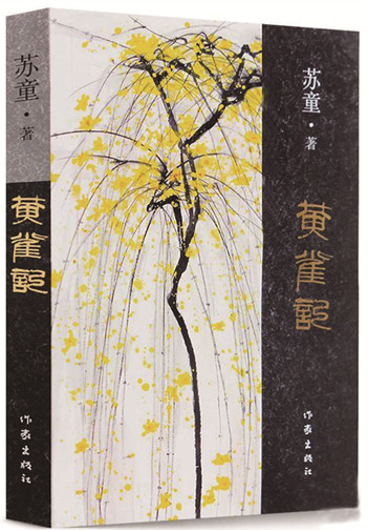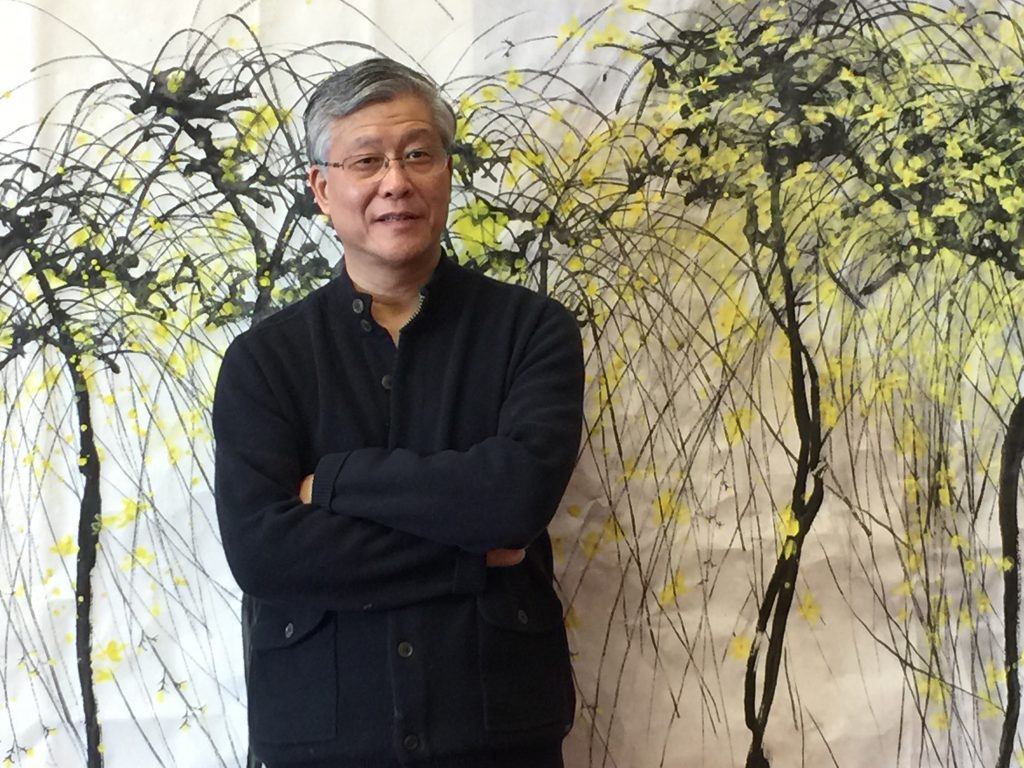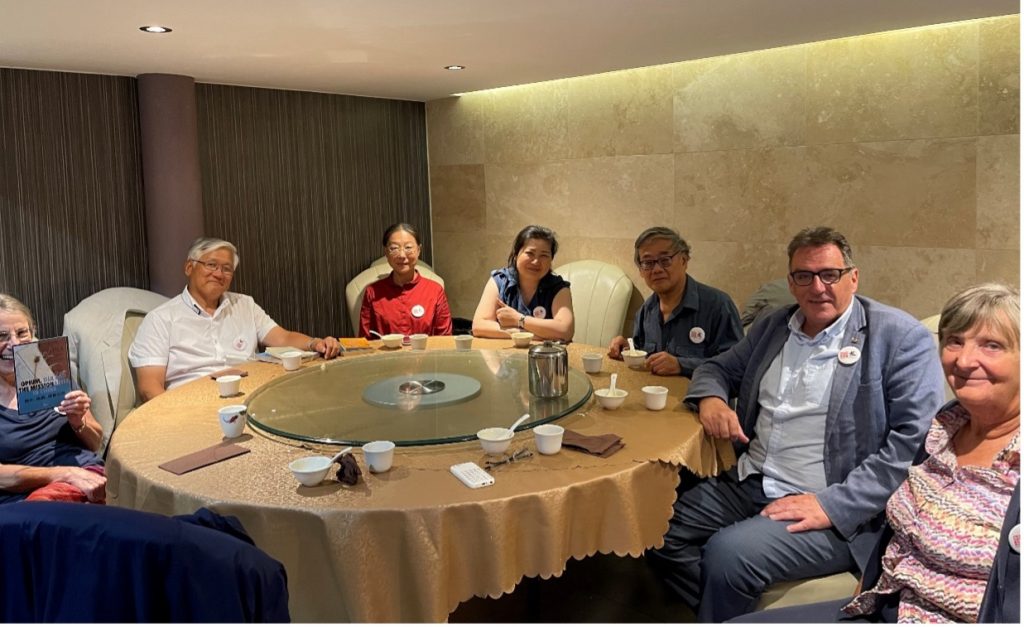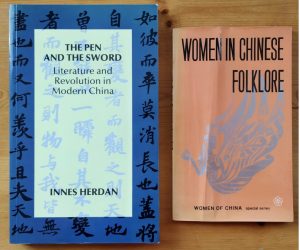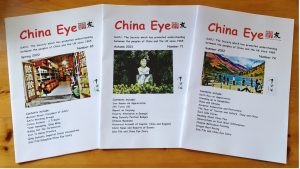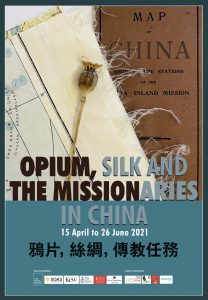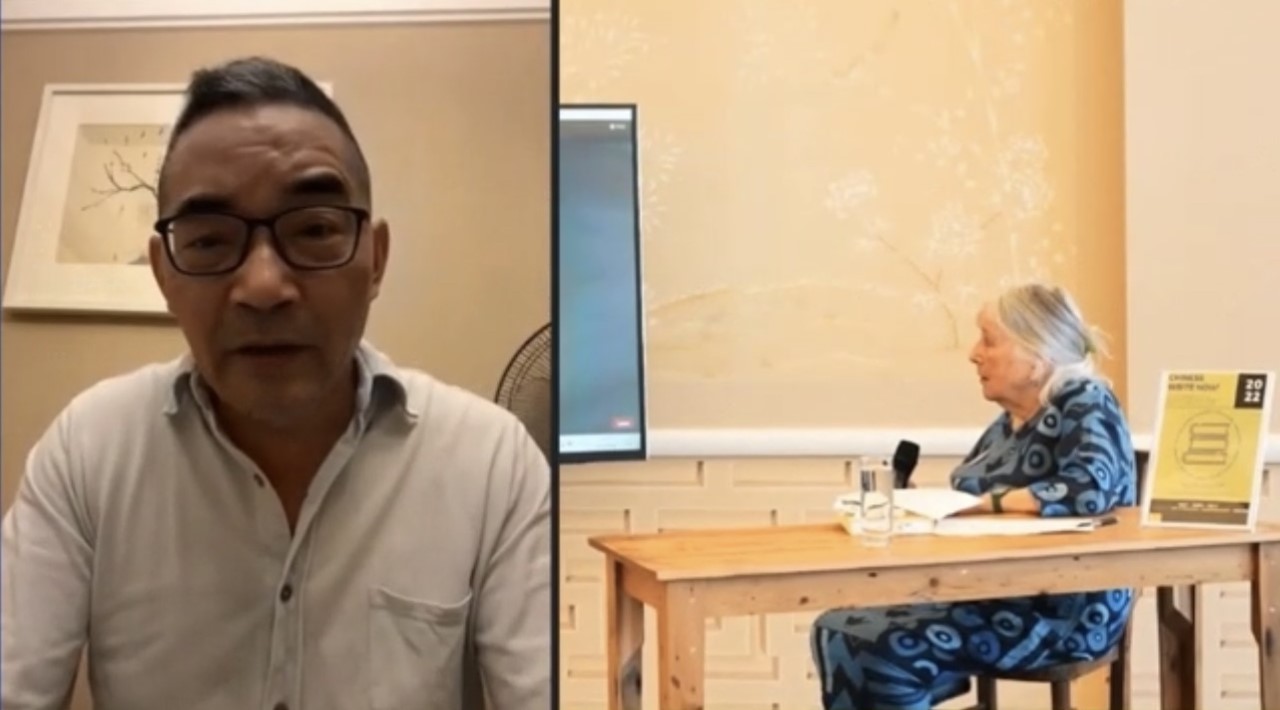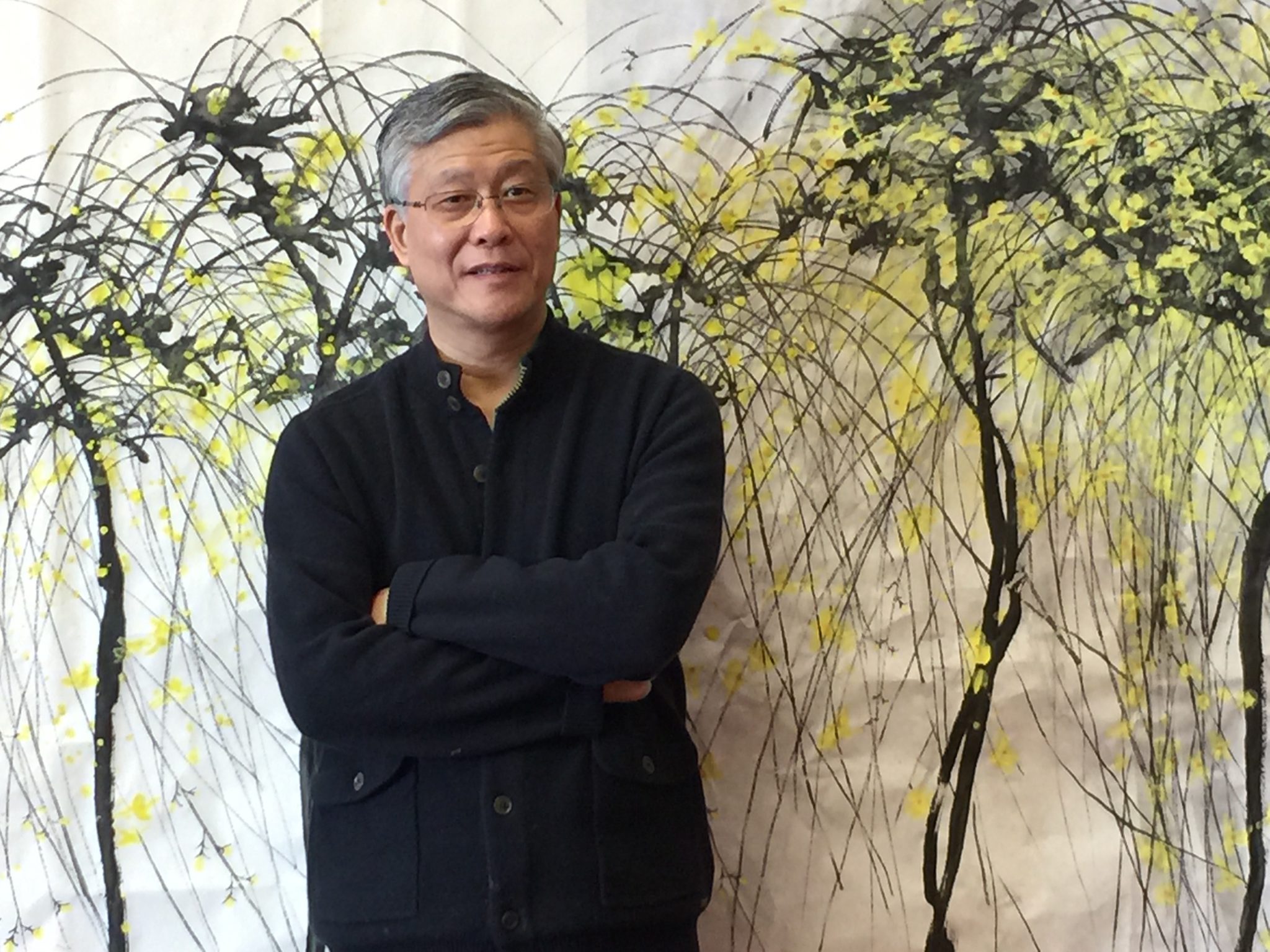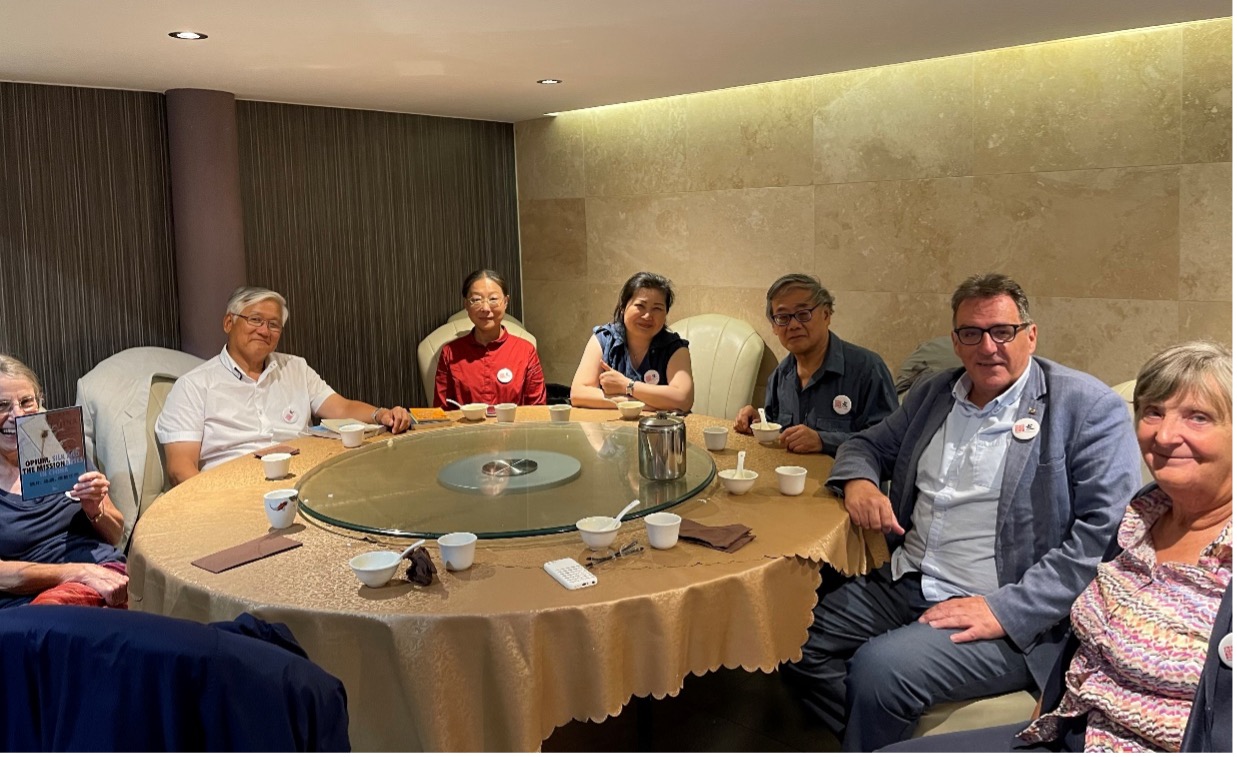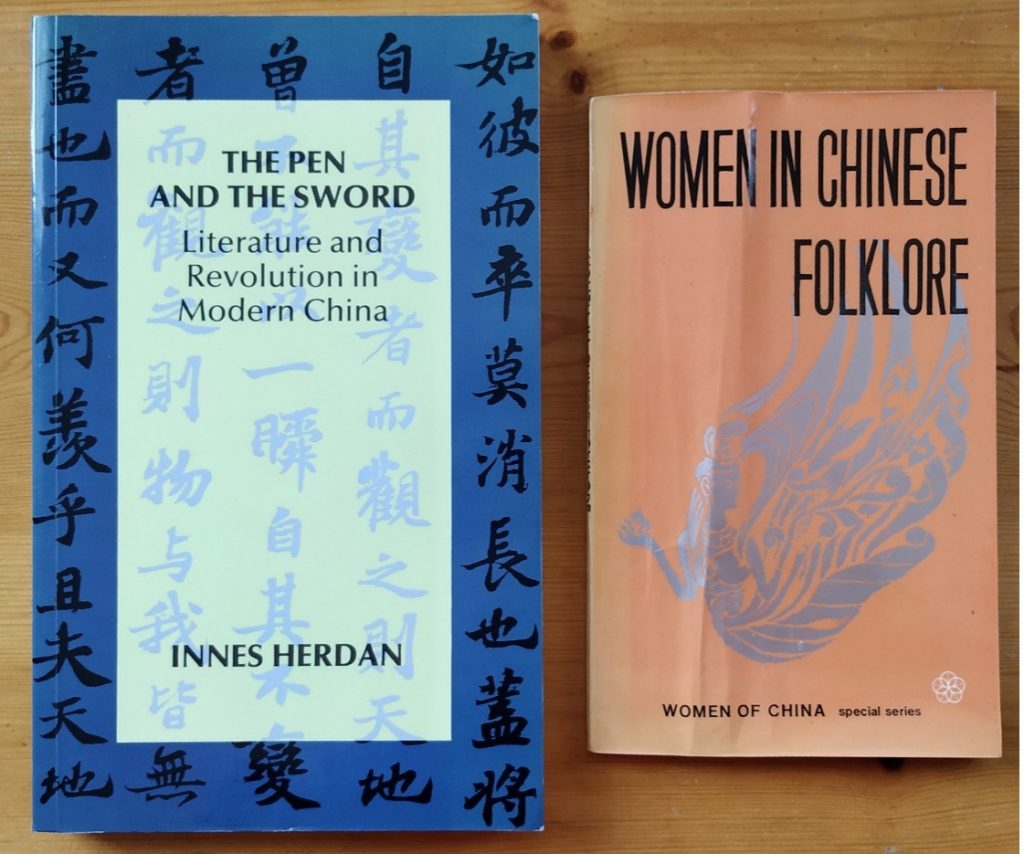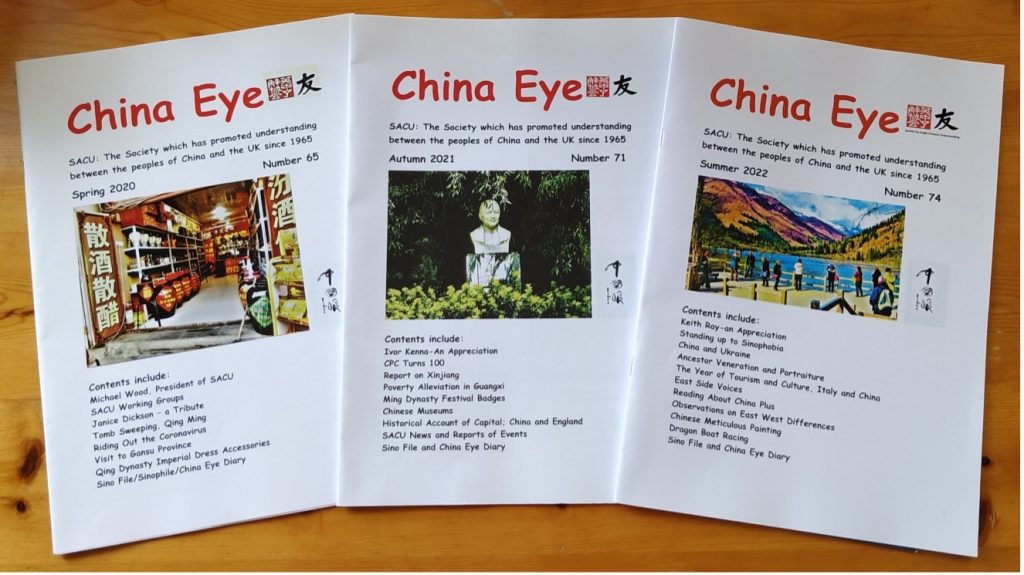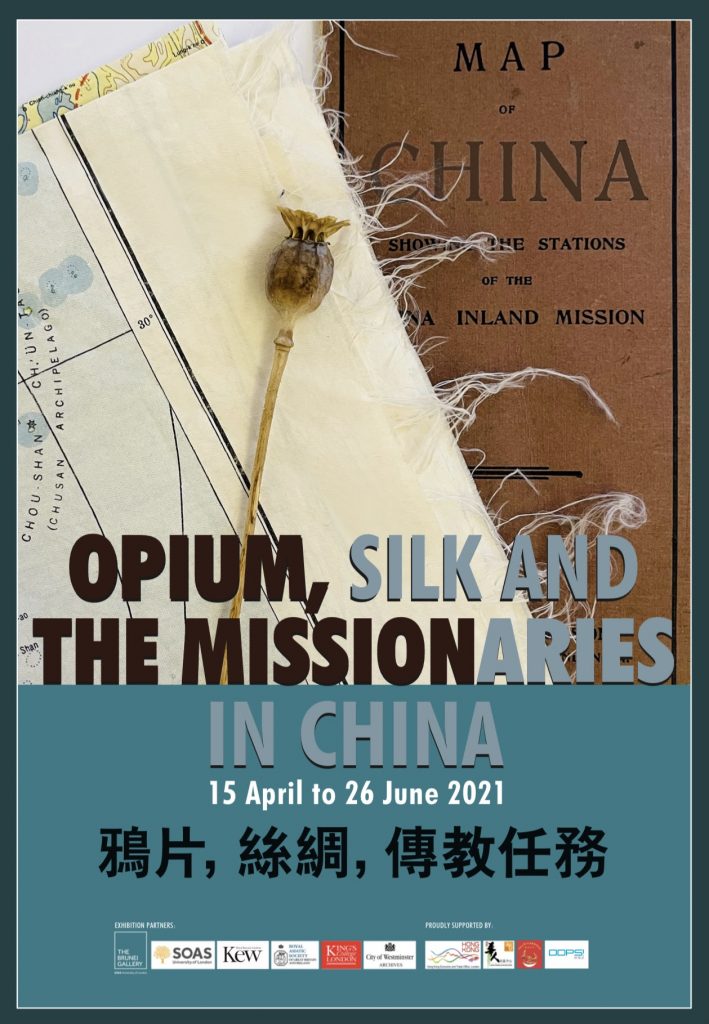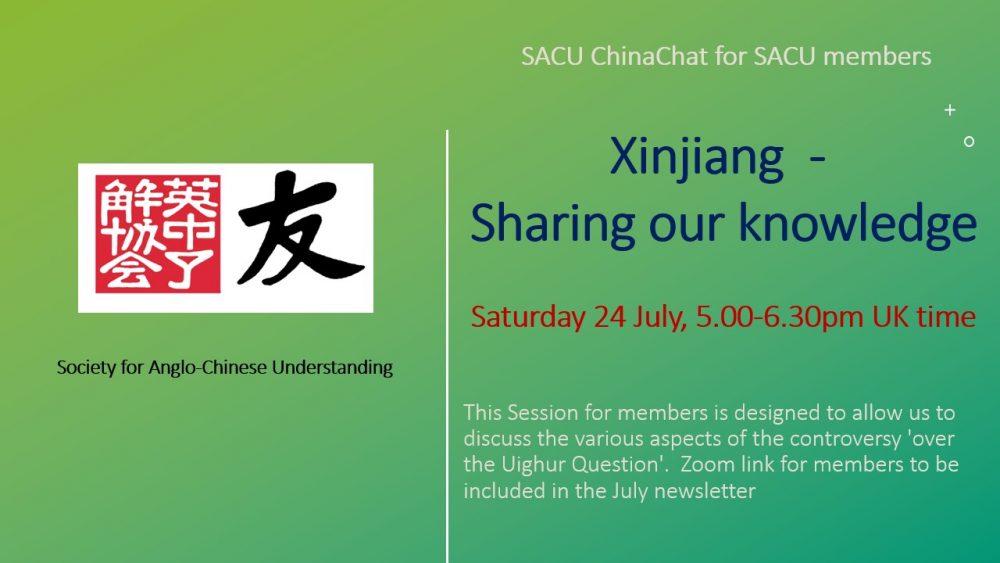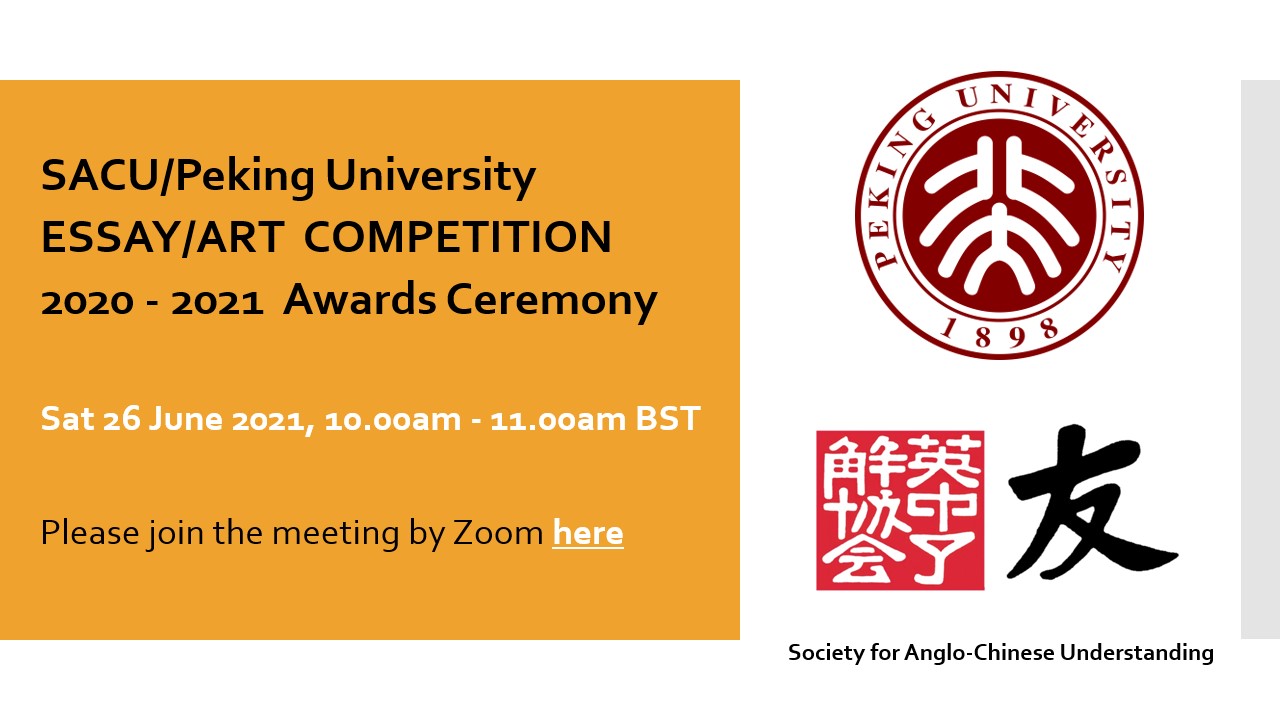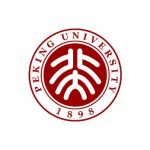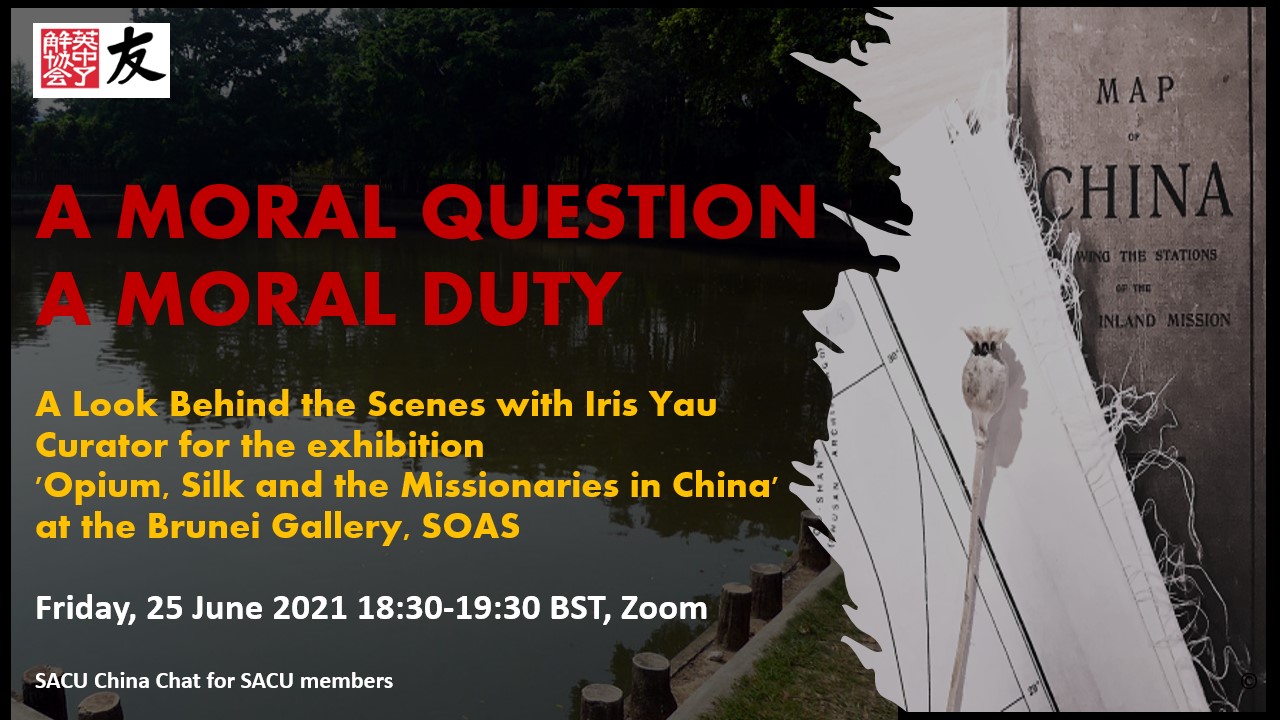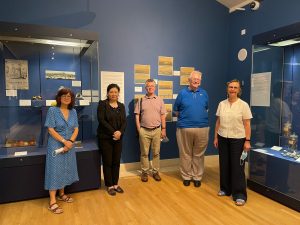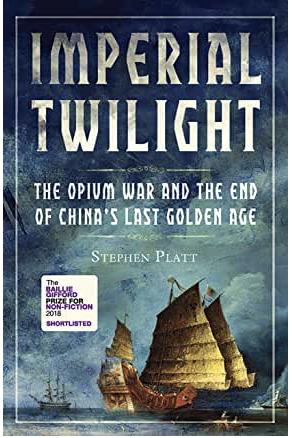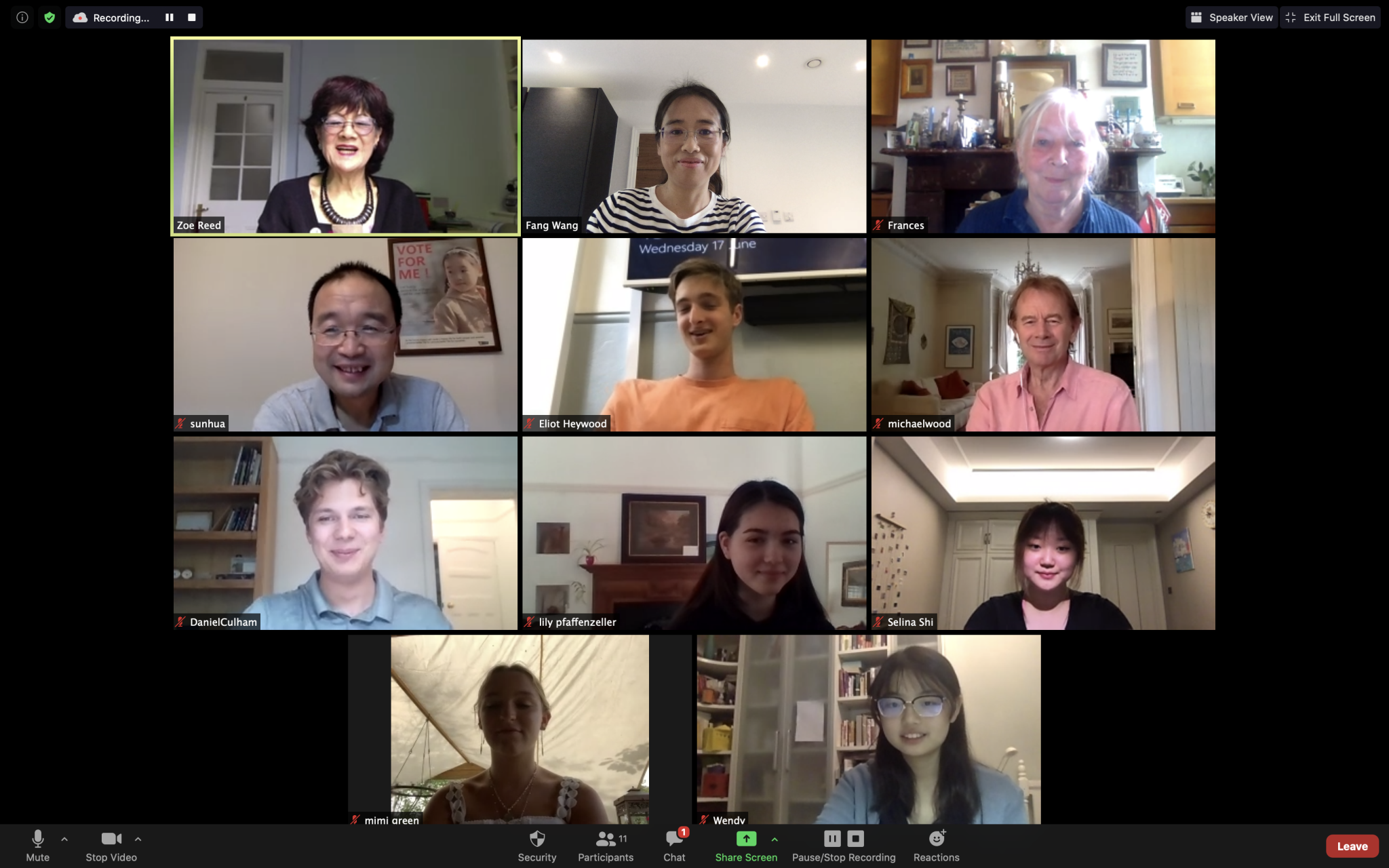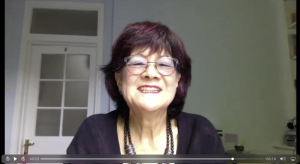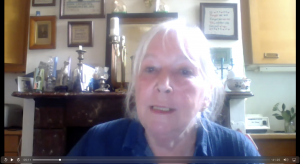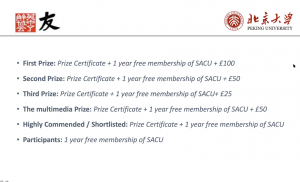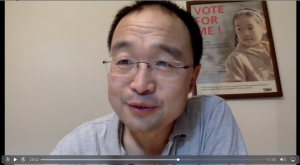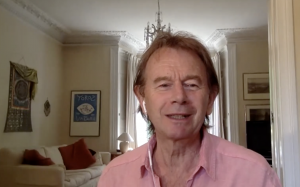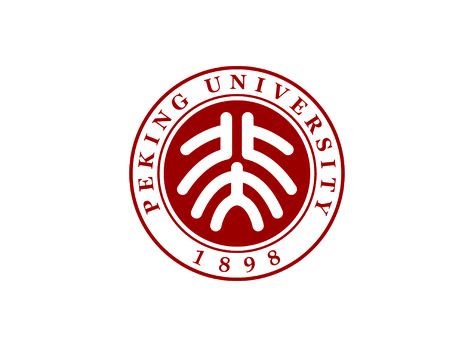Weien Zong
Master of Global Media Industries, King’s College London
Bachelor of Communications, South China University of Technology
Freelance Media Person, Cultural Influencer, Chinese Cultural Event Planner
On November 11th, I had the chance to participate in the Armistice Day Ceremony organized by the Western Front Association at Cenotaph London. Despite several days of continuous rain, the weather turned sunny on this particular day, gradually dispelling the chill of early winter. Coming out from Charing Cross station, I felt a surge of people heading towards the monument commemorating the end of World War I. Crowded streets were adorned with individuals wearing poppies, symbolizing the remembrance of international fallen soldiers.
As a Chinese, I was a little out of place in the crowd. The occasional sideways glances seemed to inquire, “Why are there Chinese people participating in Armistice Day?” This was the reason why we, as a group of Chinese representatives, gathered here — to commemorate the 140,000 Chinese labourers who participated in this most brutal war in human history. Due to China’s weakened national strength, the impact of the ‘Chinese Exclusion Act’, and various stereotypes and prejudices against Chinese people, the contributions of the Chinese Labour Corps to World War I are seldom mentioned in mainstream British society. For a long time, discussions about World War I marginalized the Chinese Labour Corps, and few representatives were advocating for them. In recent years, thanks to the tireless efforts of a group of dedicated individuals who have been collecting information and organizing activities, the stories of the Chinese Labourers’ contributions to World War I have gradually come to light. Their contributions are gradually gaining recognition and appreciation in European society.
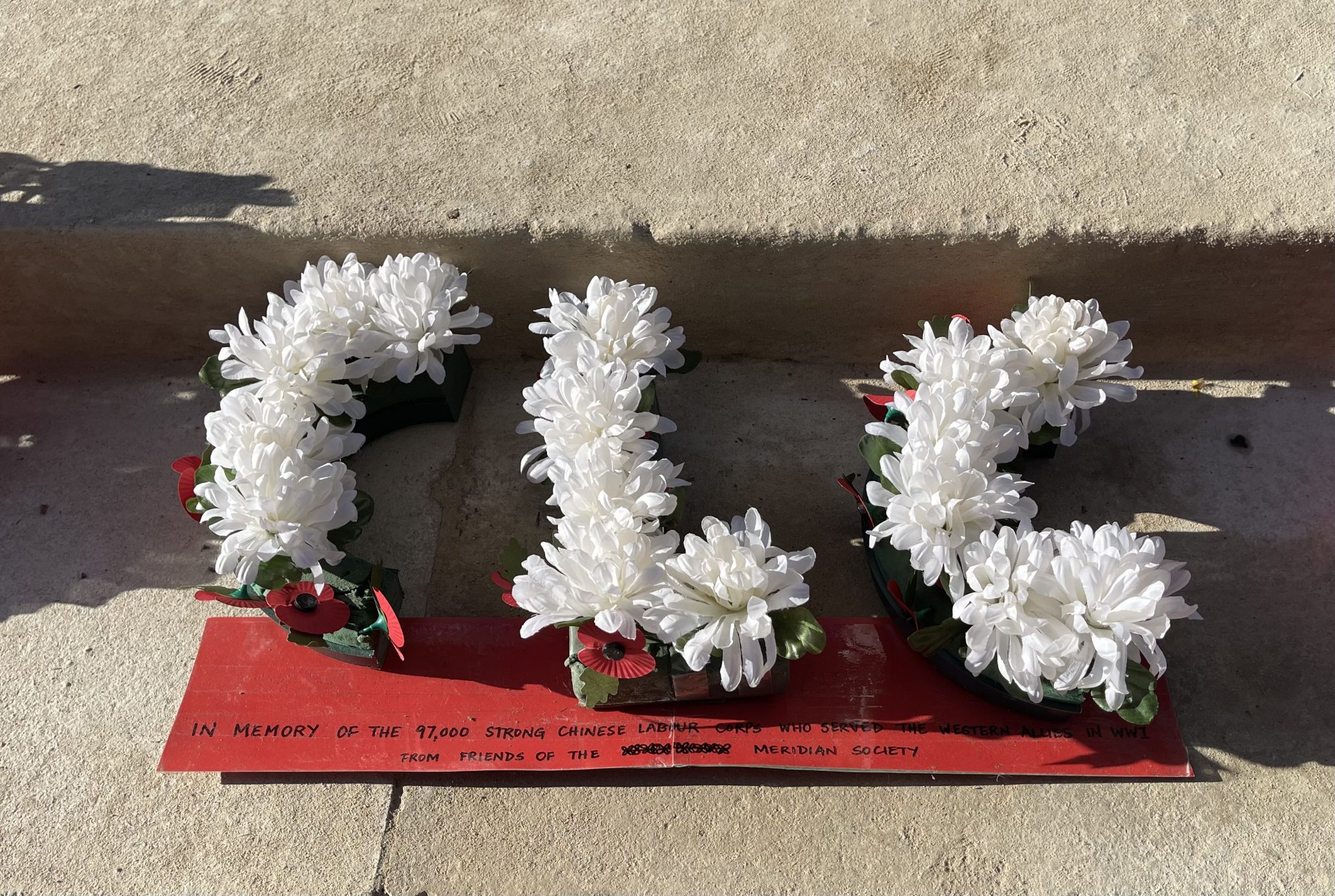
White Chrysanthemums Wreath for CLC
Photo by Iris Yau (SACU Trustee)
CLC mostly consisted of farmers from northern China and also included hundreds of students serving as translators. In 1916, facing a shortage of wartime labour, the British Cabinet approved the recruitment of Chinese labourers. This marked the beginning of a tumultuous journey for China seeking international status and for ordinary individuals trying to make a living in turbulent times. Each Chinese labourer toiling on the Western European battlefield carried the expectations of a family and a struggling nation. What deeply moved me was that their journey to the West was not driven by noble reasons, but rather by a practical desire for survival, prosperity, or a chance to see the world while bringing honour to their country.
The 1918 British military report stated, “Most labourers are proficient at their work, consistently demonstrating high efficiency in railway, ordnance factories, and tank workshops.” A French officer also remarked, “They can handle any job, be it as a merchant, shoemaker, blacksmith, or engineer; they are almost indispensable.” The Chinese labourers, known for their endurance and willingness to work, engaged in the dirty and Labourious tasks that even British and French soldiers were reluctant to undertake. Despite promises from the British and French governments that they would not be sent to the frontlines, many of these commitments were cast aside once the war erupted. According to recollections from Chinese labourers, there were instances where the trenches they dug were only 50 meters away from the German forces. Sometimes, after completing the trenches, British soldiers would enter the battlefield in combat with the Germans. In a battle in Picardy, France, in 1917, when the German forces broke through the British and French Allied lines, hundreds of Chinese Labourers working at the frontline were unable to retreat in time. Armed only with shovels and hoes, they had to confront the German forces. By the time the British and French Allied forces arrived for support, most Chinese labourers had already perished. Additionally, the contracts for Chinese labourers stipulated a mandatory 10-hour workday, seven days a week. In the British military’s Chinese labour units, leaving the camp to interact with locals was strictly prohibited.
After the war, the contributions of the Chinese labourers, who played a crucial role in helping the Allies win the war, did not receive the respect and recognition they deserved. Before the war’s end, the painting “The Temple of War,” commemorating World War I, was displayed in Paris. However, due to the United States’ entry into the war in 1917, the original depiction of the Chinese Labour Corps was replaced with Americans. The hardworking and enduring nature of the Chinese labourers contributed to the Western stereotype of the Chinese as diligent but was also seen as a means of resource acquisition.
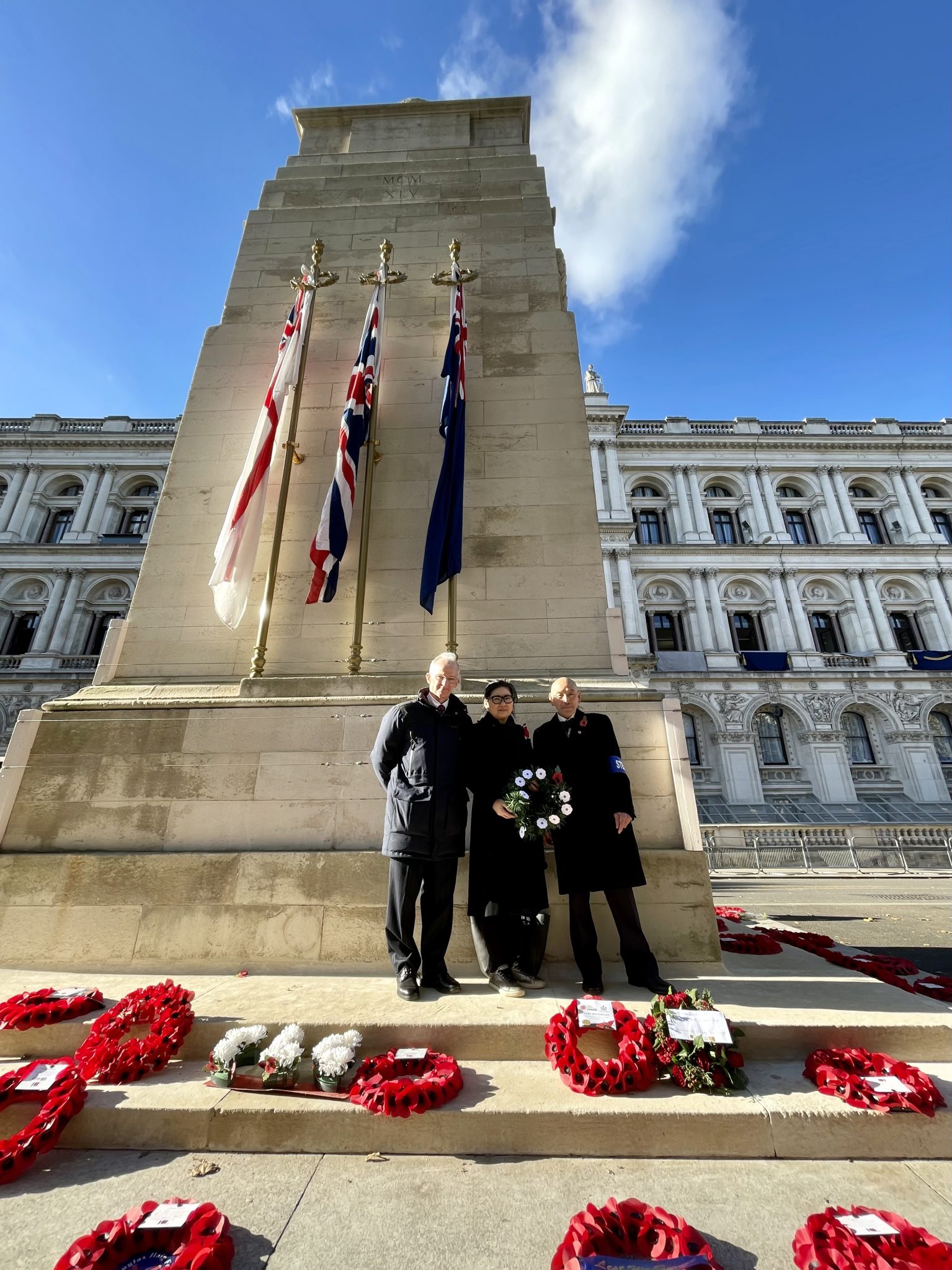
CLC Representatives at the Cenotaph
Photo by Weien Zong (the Author)
A similar situation unfolded in post-World War II Britain. After the outbreak of the war, the British government needed a large number of merchant sailors to transport food and weapons, leading to the recruitment of 20,000 Chinese sailors in 1940. However, their wages were only half of what British sailors received. After the war, around 2,000 retired Chinese sailors remained in Liverpool. However, with severe post-war unemployment and inflation in Britain, Chinese and local sailors faced intense competition. Shipping companies, eager to rid themselves of Chinese workers, reduced wages and reclaimed war risk bonuses, making it difficult for them to survive. On October 19, 1945, the British Home Office decided to act, “forcibly repatriating unwanted Chinese sailors.” Some were even arrested while buying milk for their daughters on the street, without the chance to bid farewell to their families before being deported. These Chinese sailors, known for their diligence and affordability, were expelled after being exploited.
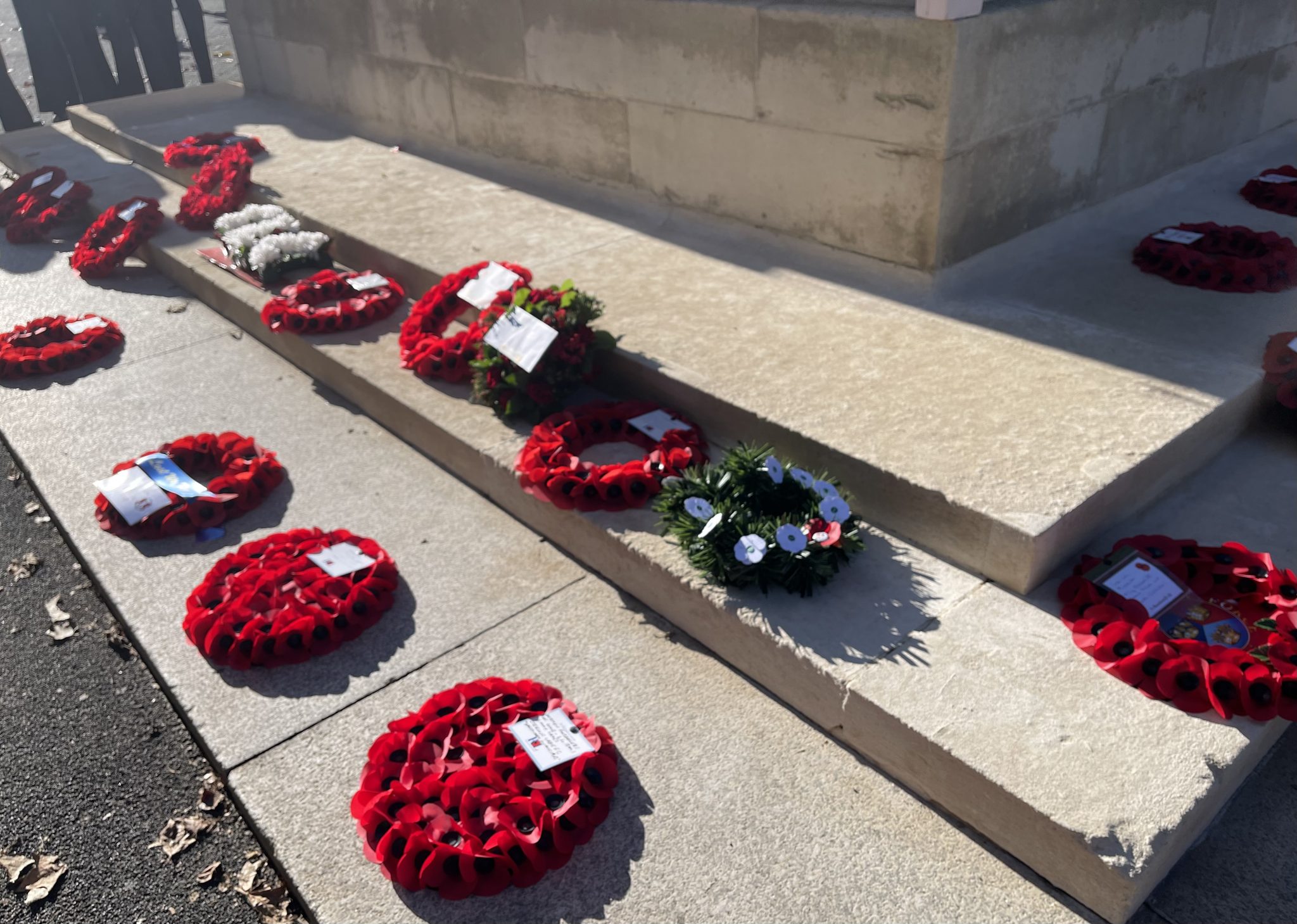
Wreaths for CLC at the Cenotaph in London
Photo by Iris Yau (SACU Trustee)
Diligence and affordability have perhaps been a double-edged label for underdeveloped countries and regions since the beginning of the 18th and 19th centuries, during the Age of Discovery and the Industrial Revolution. Countries that did not achieve capital accumulation through colonization could only engage in resource exchange with colonizers through labour-intensive industries. In a conversation with a British mobile phone retailer, he proudly mentioned his frequent trips to Shenzhen, China, to purchase phone components. He found factories there to process and assemble the components. He told me about the significantly lower cost of producing imitation Apple phones compared to the genuine ones, allowing him to make a substantial profit. However, shortly afterwards, he expressed a sense of “sympathy” for the exploited workers and criticized the harsh working conditions. Intrigued, I asked him, “Have you ever considered the fundamental reasons behind the cheap labour and poor working conditions in East Asia, Southeast Asia, and South Asia?” He began analyzing the government, corporate exploitation of workers, and the work ethic of Asians. I couldn’t help but interject, “Have you never thought that it might be due to the original accumulation of capital obtained through colonization by Western capitalist countries? This drove progress in industrial and technological revolutions, leaving formerly colonized countries unable to compete in the post-colonial era, forcing them to rely on cheap labour and natural resources for development in the age of economic globalization. While you profit from the cheap labour and resources in China, seeking benefits, you then shift the blame to the government and corporations, claiming that the thinking pattern of hardworking Chinese people is rigid. Don’t you find this hypocritical?”
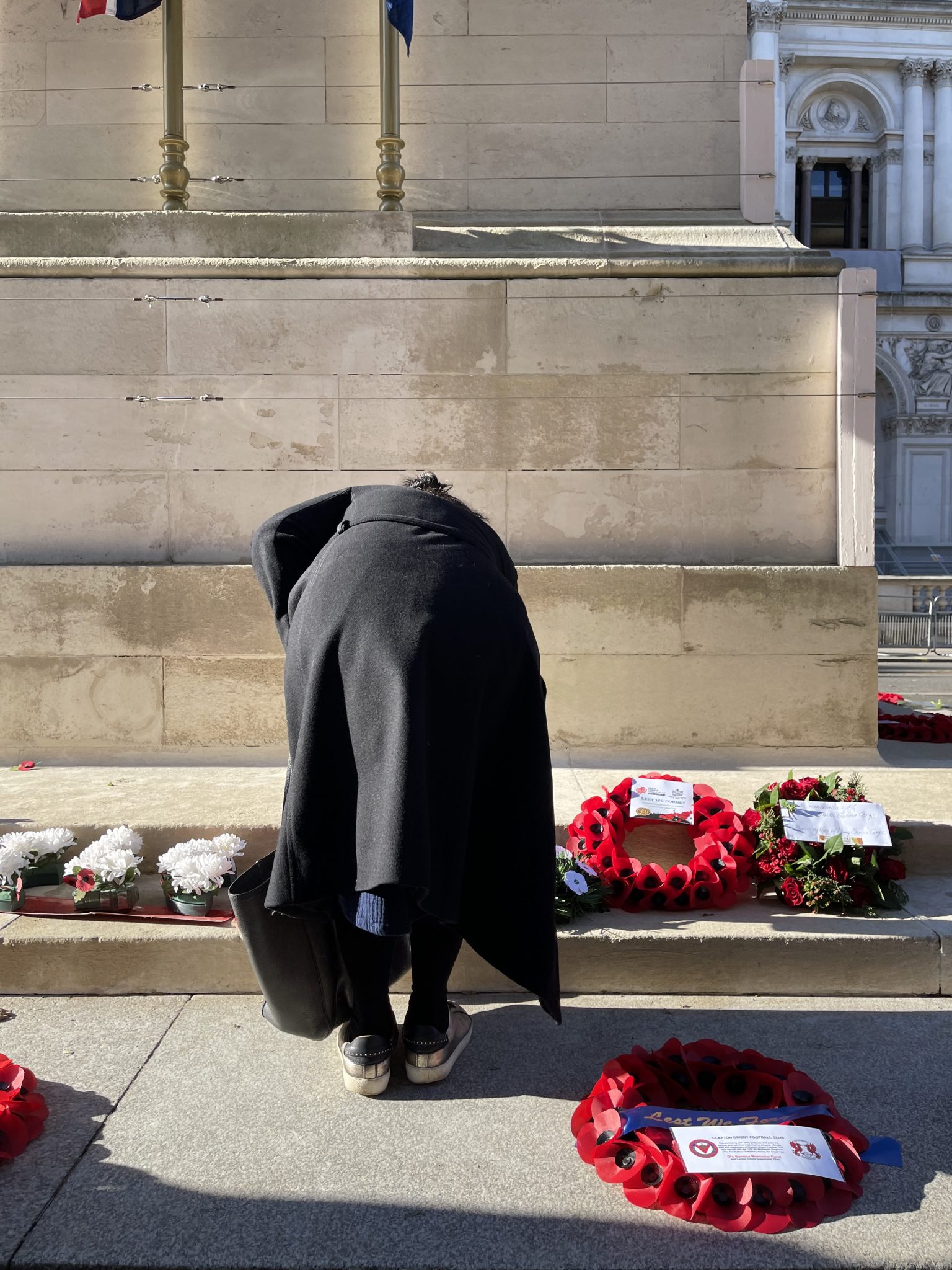
Chinese representatives for CLC
Photography by Gu Hongyan (Mother’s Love of Bridge)
Standing at the site of the memorial ceremony, I was deeply moved. On this day, I witnessed over fifty Chinese representatives organised by the Meridian Society laying wreaths in tribute to the Chinese Labour Corps. Proudly, they reclaimed their rightful recognition—even if covered in mud, they are still heroes, still “hidden dragons.” At some point, diligence became stigmatised, discriminated against, and even used as a weapon for political attacks. As Chinese, we might have, to some extent, felt displeasure with phrases like “you work very hard,” associating them with the stereotypical image of low-level labourers. Nobody prefers to be labelled in this way. However, it was this group of labourers who earned China its victorious position in World War I and gained a little confidence to refuse to sign the Treaty of Versailles in Paris, rejecting the transfer of German privileges in Shandong.
They achieved all this through their quality of enduring hardship. Today, more and more people are learning about the Chinese Labour Corps. Our memory and respect for them are the best comfort to their spirits, as well as a modest effort to advocate for fair media exposure and treatment for the Chinese community.
About the author
Weien Zong graduated from King’s College London with a background of 5 years of media and documentary education and work experience. She has extensive media experience, interning at Guangdong Radio and Television Station, NetEase Games, the United Nations Youth Leadership Development Program, and with independent documentary filmmakers. Currently, she is dedicated to creating original videos of Chinese traditional culture and medicine on major social media platforms such as Instagram, YouTube, Xiaohongshu, and Bilibili. Additionally, she organizes offline Chinese cultural events to promote traditional Chinese culture and wisdom.
那些“吃苦耐劳”的无名英雄
——参与2023一战停战纪念仪式有感
宗蔚恩
伦敦大学国王学生全球媒体产业硕士
华南理工大学传播学学士
自由媒体人、文化博主、国学活动策划发起人
11月11日,我有幸参与了由Western Front Association组织在Cenotaph London举行的Armistice Day Ceremony战停战纪念仪式。连续多日阴雨绵绵却在这天阳光明媚,初冬的寒意在暖阳之下逐渐消散。从Charling Cross出站后,便感受到一股涌向一战停战纪念碑的人流。人头攒动的街道上,人们胸前佩戴着象征国际纪念阵亡将士的罂粟花标志。作为一个中国人,我在人群中显得有些格格不入。周围时不时投来的斜视仿佛在疑惑: “一战停战纪念日为何有中国人在凑热闹?”
然而这正是我们这群华人在这里汇聚的原因——追忆那14万参与这场人类历史上最残酷战争的中国劳工们。出于当时中国国力衰弱、《排华法案》的影响,以及对中国人的刻板印象和偏见等各种原因,中国劳工旅对一战的贡献鲜少被英国主流社会提及。长期以来,中国劳工旅在关于一战的讨论中被边缘化,为中国劳工旅发声的组织代表也鲜少。近几年,在一批有志之士的不懈努力下,不断地收集资料、组织活动,以文字和影像讲述他们的故事,中国劳工在一战的贡献才逐渐浮出水面,渐渐受到了欧洲社会了解和重视。
中国劳工旅大多是来自中国北方的农民,其中还有数百名学生充当翻译。为了弥补战时劳动力的不足,1916年英国内阁批准征募中国劳工。一个风雨飘摇的国家寻求国际地位的道路和生活在动荡时代的普通人的谋生之路就此启动。每一个在在西欧战场上出苦力的中国劳工背后,都背负着一个家族和一个挣扎的国家的期望。令我深感触动的是,他们并非出于多么高尚的理由而远西欧,却为国家和国际社会都做出了不可磨灭的贡献。这些“下里巴人”出于最朴实的想法——这是一份既能赚钱又能看世界又能为国争光的活,为什么不干呢?他们有的人为了生计和发财,有的人因为好奇想去看外面的世界,背井离乡,踏上这趟危险又未知的旅程。
1918年的英军报告中指出:“大多数劳工都能熟练地工作,而且他们一直都在铁路、兵工厂和坦克车间高效率地工作。”一位法国军官也指出:“他们能胜任任何工作,商人、鞋匠、铁匠、工程师,几乎无所不能。” 华工以吃苦耐劳、任劳任怨而著称,在这场并非属于他们的战争中,他们从事着英法士兵都不愿意做的脏活累活。尽管出发前英法政府承诺他们不会到前线参战,但战争爆发后许多承诺都被抛诸脑后。根据中国劳工的回忆,有时他们挖的战壕距离德国人仅有50米,经常是挖好战壕后,英国士兵再进入战壕与德国人交战。1917年,在法国皮卡的一次战斗中,由于德军突破了英法联军防线,正在前线挖战壕的数百名中国劳工来不及撤退,只能靠手中的铁锹、锄头与德国人搏斗。等到英法联军赶来支援时,大部分中国劳工都已阵亡。此外,中国劳工的合同规定每日必须工作10小时,每周7天无休。在英国军队的华工中,甚至不允许踏出营地与当地人交往。
战争胜利后,一战华工的贡献出于各种原因并未得到应有的尊重和承认。战争结束前,《战争的圣殿》这幅纪念一战的名画在巴黎展出,但因为1917年美国参战,为了在画中加入美国人,创作者将原画中的中国劳工旅抹去,换成了美国人。华工靠着吃苦耐劳的品格帮助同盟军赢得了战争,吃苦耐劳却也成了西方对中国人的刻板印象,甚至被视为抢占资源。类似的情况在二战后的英国再次上演。二战爆发后,英国政府需要大量商船船员运送食物和武器,于是在1940年招募了2万名中国海员。然而他们的工资仅为英国海员的一半。战后,约2000多名退役中国海员留在利物浦生活工作。但战后英国失业率和通胀严重,中国海员和当地海员面临着竞争。航运公司急于摆脱中国工人,削减工资收回战争风险金。1945年10月19日,英国内政部决定采取行动,“强制遣返不受欢迎的中国海员”。有些人甚至是出门上街给女儿买牛奶就遭到抓捕,来不及与家人告别就被遣送出境。这些以勤劳和廉价著称的中国海员在被利用完毕后遭到了驱逐。
勤劳和廉价或许是自18-19世纪大航海时代开始、工业革命发展以来,欠发达国家和地区既爱又恨的标签。那些未通过殖民获得资本原始积累的国家,只能通过劳动密集型产业与殖民者进行资源交换。我曾与一位英国手机零售商交谈,他说他常常去中国深圳采购手机配件,并在那里找工厂进行加工和组装。他自豪地表示,这样生产出的仿冒苹果手机比正版便宜许多,他能从中赚取可观的差价。但不一会他又面露“同情”之色,为那些剥削严重的工人打抱不平。我一听觉得很有意思,于是反问他:“那您知道东亚、东南亚、南亚的劳动力都这么廉价,工人待遇恶劣的根本原因吗?”他开始分析起了这些国家的政府模式、资本运作的企业对工人的压榨、亚洲人喜欢吃苦耐劳的思维模式。我却已经坐不住了,“您就从未想过是因为西方资本国家通过殖民获得的原始积累,推动了工业和技术革命的进步,导致曾被殖民的国家在后殖民时代无法产生竞争力,只能依靠廉价劳动力和自然资源来谋求在经济全球化时代的发展。您倘若从这个角度看,剥削劳动力的真的是政府和企业吗?您一边从中国的廉价劳动力和资源中赚取差价,谋取利益,一边却将矛盾指向政府和企业,说着中国人吃苦耐劳的思维模式很僵化,您难道不觉得这很虚伪吗?”
站在纪念仪式现场,我感慨万分。这一天,我看到由子午社组织的五十多位华人代表为中国劳工旅敬献花圈,自豪地为他们正名——哪怕污泥满身,也仍是英雄,仍是“潜龙”。不知从何时起,勤劳被污名化,被歧视,甚至成为政治攻击的武器。作为华人,或许我们多多少少都曾对“你工作好努力(hardworking)”这样的说法感到不悦,因为它让我们联想到那些底层劳工的刻板印象,我们不希望自己被贴上这样的标签。然而,正是这一群劳工为当时的中国换来一战战胜国的地位,挣得在巴黎和会拒绝签署《凡尔赛条约》,拒绝将德国在中国山东的特权转交给日本的一点资本和底气。他们凭借着吃苦耐劳的品质成就了这一切。而时至今日,越来越多人了解到中国劳工旅。我们对他们的记忆和敬意,是对他们在天之灵最好的告慰,也是在为华人群体争取更加公平公正的媒体曝光和待遇尽绵薄之力。

